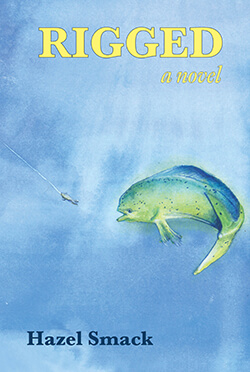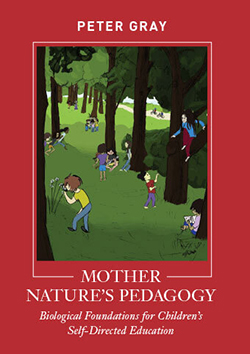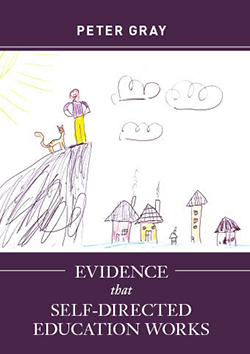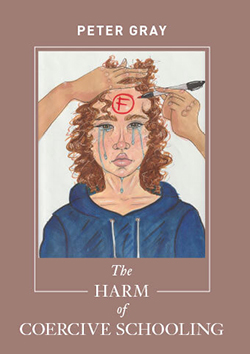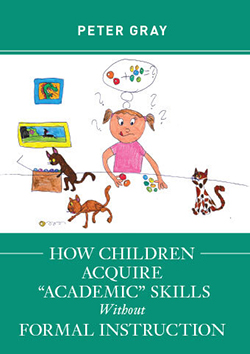
The story of how one former teacher bought a farm and started weaving the concepts of permaculture with the principles of self-directed education to build a unique alternative to school for families in the Chagrin Valley of Ohio.
Rick Bondy
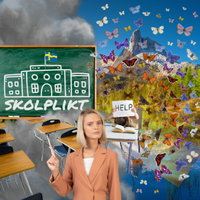
Sweden is known for being a child-friendly society. However, with educational laws rewritten in the last 10 years, Sweden has become extremely controlling over the schooling of its children. This is leaving the young people of Sweden in a dire predicament.
Becka Kortitz
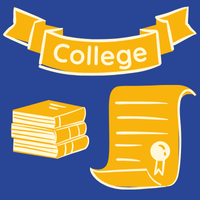
This guide explores making the decision whether to attend college or not, how to choose one, the application process, how to keep your self-directed values in college, and more.
Ruben Whitaker
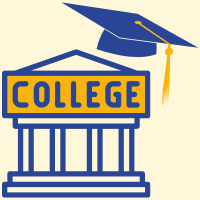
This personal story shares what it was like to decide whether to pursue higher education after growing up as a self-directed learner.
Ruben Whitaker
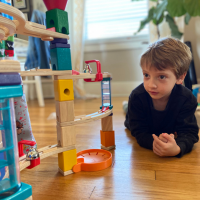
The mathematics found all around us in play and life are plenty to evoke wonder, interest, and conjecture. School math – which can also be seen in homeschooling and unschooling spaces – is taught as a lifeless set of rules with no context and techniques that are not much fun or very useful.
Aaron Falbel for Growing Without Schooling
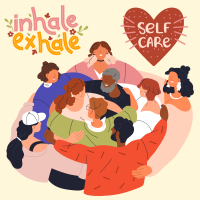
Whether one is currently working as an SDE facilitator or is in charge of hiring SDE facilitators, this article shares insights into daily and long-term supports, resources, and practices that current SDE facilitators have found useful.
Janice McDonald

Whether one is thinking about becoming an SDE facilitator or has ever wondered what an SDE facilitator does, this article shares insights into the commonalities across different SDE centers and explores key aspects associated with working as an SDE facilitator.
Janice McDonald

A collection of made-up statistics about schooling culture that, on first glance, could sound plausible, until one starts to really consider what is being stated as fact.
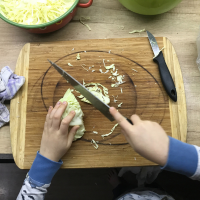
It is necessary to raise awareness about how some countries, such as the Republic of Slovenia, have legislated grammatically incorrect statements, such as, “compulsory schooling” rather than “compulsory education,” which has led to many violations of the Rights of the Child.
Klavdija Hočevar Kastelic

This article takes a closer look at how the roles that students, teachers, and parents are often cast into dehumanize us and how to move away from oppressive and adultist roles towards more authentic ways of being.

In my early days of unschooling, I started off my learning journey right from home, exploring subjects on my own terms. From there, I took what I learned and put it into practice out in the real world. I tried my hand at everything from working with computers to getting my hands dirty in a cowshed. Along the way, my friends and I started a learning club where we learned everything we could from video editing, 3D animation to programming.

Embracing the Neurospicy means celebrating the different ways we process information while promoting acceptance, and rejecting stigma and intolerance. Unschooling is a flexible environment that protected my offspring’s authenticity.
Margaret Bennett
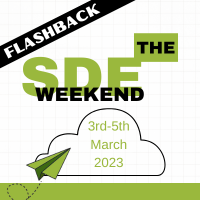
Conflict is an essential piece when people are learning and living life together, and it is necessary. There are many different ways to engage in and approach conflict, and many ways it shows up in SDE communities and unschooling families. Listen to our panel discussion about the different ways conflict is approached at their centers, in their Flying Squads, and in their individual SDE relationships.

Self-Directed Education (SDE) principles are often talked about in relation to older kids, but what does this mean in the context of caretaking and raising babies? Like in all of SDE, there is no one way to do things, but many guiding values with a basis in trust and respect for young people. Hear about what SDE means to us in the context of caring for the youngest humans, and our collective struggles, questions, ideas, and successes as we raise our babies as free people.
Bria Bloom & Justine McConville
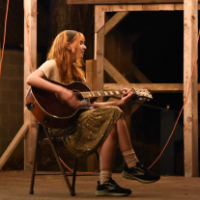
Finding comfort in a community full of alternatively educated folks and truly feeling like I belong
Ophelia June
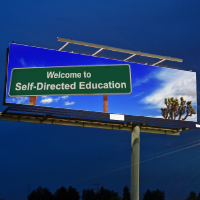
April’s Open Call was about playing with the concept of advertising SDE – What does an SDE ad feel like? What does it highlight? Does […]
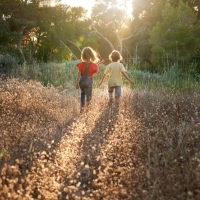
Rural communities have the fewest educational choices. They default, therefore, to the local public school, which is a disservice to their kids. SDE could be their escape.
Josh Pickel

DEcentralization and Ownership of web 3 is asking “Where is DEcentralization & Ownership in education?” Unknowingly, web 3 will “create” what it thinks does not exist. Self-Directed Learning is DEcentralized Learning owned by Learners & supported by adults. Web 3 tools including blockchain, DAOs and DeFi invite us to “on chain” SDL, celebrate self governance in a DAO and find solutions in new funding models. Some folks on Web 3 Blvd are oblivious to the folks on UNschooling Ave. Some folks on UNschooling Ave are fearful and distrusting of Web 3 Blvd. I am yelling up the street for everyone to “MEET ME @ THE CORNER!” Let’s PLAY!
Karema Akilah

What are the underpinnings of a young person’s transition to adulthood? What do healthy and satisfying adult lives look like? Using a discussion-based approach, we explored how adult allies (in families, SDE centers, youth groups, etc.) can support young people in their transition to adulthood while encouraging and respecting their autonomy and independence.
Alison Snieckus
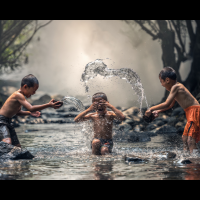
In this article, I emphasize the subjective or personal nature of learning per my recent PhD research.
Michael Maser























